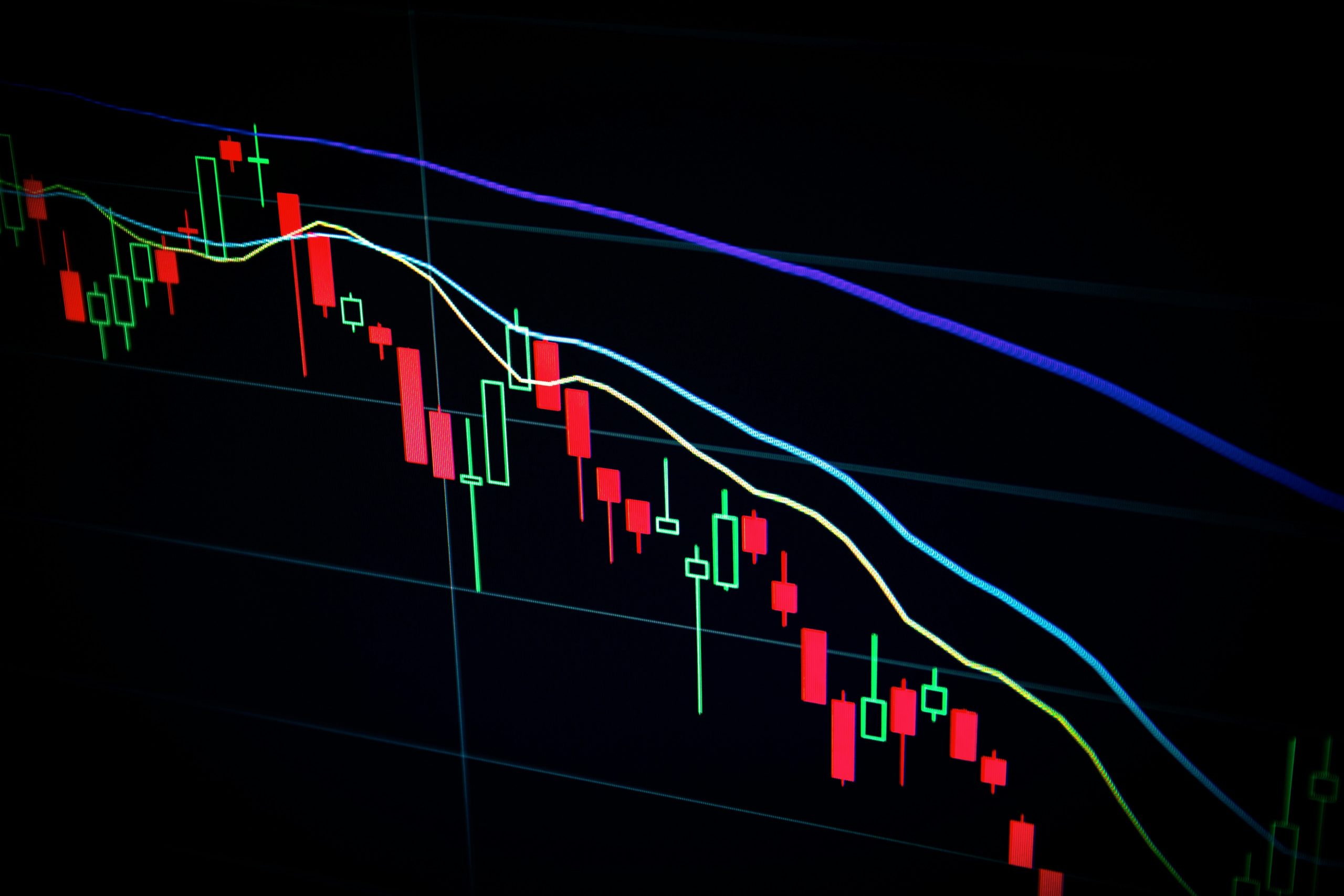Imagine being able to make money by simply taking advantage of price discrepancies in different markets. This is where the concept of an arbitrage calculator comes into play. An arbitrage calculator is a powerful tool that allows traders and investors to quickly and accurately determine the potential profit from buying low in one market and selling high in another. It essentially helps you identify and capitalize on these opportunities for risk-free profits.
Definition of arbitrage
Arbitrage, in the world of finance and investment, refers to the practice of exploiting price discrepancies in the market. This strategy involves buying an asset at a lower price in one market and selling it for a higher price in another market to make a profit. Arbitrageurs take advantage of these pricing inefficiencies by quickly executing trades to capture the spread before it narrows or disappears. This process helps drive prices towards equilibrium and ensures that markets remain efficient.
One key concept to understand about arbitrage is the importance of timing and precision. Successful arbitrage requires quick decision-making and execution as prices can change rapidly due to various factors such as news events, investor sentiment, or economic indicators. Additionally, arbitrage opportunities are often short-lived as they attract other traders looking to capitalize on the same discrepancies. Therefore, having access to real-time data and using advanced tools like arbitrage calculators can help investors identify and act on potential opportunities more effectively.

How arbitrage calculator works
An arbitrage calculator is a powerful tool that enables traders to quickly identify and capitalize on pricing differences across various markets. By inputting key data such as buy and sell prices, fees, and exchange rates, the calculator calculates the potential profit margin for an arbitrage opportunity. It takes into account all relevant factors that could impact the trade, allowing traders to make informed decisions in real-time.
Moreover, the arbitrage calculator serves as a time-saving mechanism by automating complex calculations that would otherwise require manual input. This allows traders to focus on strategically executing their trades rather than getting bogged down in tedious number crunching. In essence, the calculator acts as a valuable assistant to traders seeking to maximize their profits through efficient arbitrage strategies.
Benefits of using an arbitrage calculator
An arbitrage calculator can significantly benefit individuals and businesses involved in trading by quickly analyzing potential opportunities for profit. By automating the complex calculations required for identifying price discrepancies across different markets, an arbitrage calculator saves time and effort, allowing traders to capitalize on arbitrage opportunities more efficiently. This tool provides real-time data and accurate calculations, enabling users to make informed decisions and execute trades swiftly before market conditions change.
Moreover, using an arbitrage calculator enhances risk management strategies by helping traders assess the potential risks associated with arbitrage trading. Instead of relying on manual computations that are prone to errors, the calculator provides precise calculations of profit margins and transaction costs, allowing traders to evaluate the financial feasibility of a trade before committing their capital. Additionally, the transparency offered by an arbitrage calculator can help identify hidden costs or risks that may not be apparent at first glance, empowering traders to make better-informed decisions that align with their risk tolerance levels.

Types of arbitrage opportunities
Arbitrage opportunities are a fascinating aspect of the financial world, offering investors the chance to profit from price discrepancies across different markets. There are various types of arbitrage opportunities that savvy traders can capitalize on. One common type is spatial arbitrage, where profits are made by exploiting price differences in the same asset traded in different locations or markets.
Temporal arbitrage, on the other hand, involves taking advantage of price differences in the same asset at different points in time. This type of arbitrage requires quick decision-making and execution to profit from these temporary anomalies. Another interesting type is statistical arbitrage, which utilizes complex quantitative models to identify mispriced securities based on historical data patterns and correlations. This approach can be highly profitable but also requires sophisticated analytical skills to implement effectively. Overall, understanding these various types of arbitrage opportunities can help investors navigate and capitalize on the dynamic nature of financial markets.
Factors to consider before arbitraging
One key factor to consider before embarking on arbitraging is the level of risk involved. While arbitrage opportunities can be lucrative, they also come with inherent risks including market fluctuations, execution errors, and unforeseen events that could impact potential profits. Assessing and understanding these risks is crucial for making informed decisions in the world of arbitrage.
Another important consideration is the liquidity of the markets being targeted for arbitrage. High liquidity not only facilitates quick transactions but also reduces the likelihood of significant price discrepancies between different markets. This can help minimize potential losses and optimize profit margins when engaging in arbitrage strategies across multiple platforms or exchanges.
Furthermore, it’s essential to evaluate the costs associated with executing an arbitrage trade, such as transaction fees, exchange rates, and any other expenses that may eat into profits. Being aware of these costs upfront can help in determining whether an arbitrage opportunity is truly profitable and worth pursuing based on your financial goals and risk tolerance levels.

Risks and limitations of arbitrage calculator
When using an arbitrage calculator, it’s crucial to understand the risks and limitations that come with such a tool. One significant risk is the possibility of inaccurate data inputs or calculations, leading to unreliable results. This can result in making poor trading decisions based on faulty information derived from the calculator.
Another limitation of arbitrage calculators is their inability to account for sudden market fluctuations or changes in trading conditions. These tools operate based on preset algorithms and historical data, which may not always reflect real-time market conditions accurately. Traders should exercise caution when relying solely on arbitrage calculators without considering other important factors affecting the market.
In conclusion, while arbitrage calculators can be helpful in identifying potential opportunities for profit, they should not be used as the sole decision-making tool. Traders must be aware of the risks involved and recognize the limitations of these calculators to make informed and strategic trading choices.
Conclusion: Importance of utilizing arbitrage calculator
In conclusion, the importance of utilizing an arbitrage calculator cannot be overstated in the world of trading and investing. By leveraging this powerful tool, investors can accurately analyze price discrepancies across different markets and capitalize on profitable opportunities in real-time. The speed and precision with which an arbitrage calculator can perform complex calculations give traders a competitive edge in today’s fast-paced financial landscape.
Furthermore, the use of an arbitrage calculator fosters a more efficient decision-making process, enabling traders to make informed choices based on concrete data rather than intuition or guesswork. Its ability to identify potential risks and calculate potential profits allows investors to mitigate losses and maximize gains with confidence. As such, integrating an arbitrage calculator into one’s trading strategy can significantly enhance overall profitability while minimizing errors that may result from manual calculations or human error.


